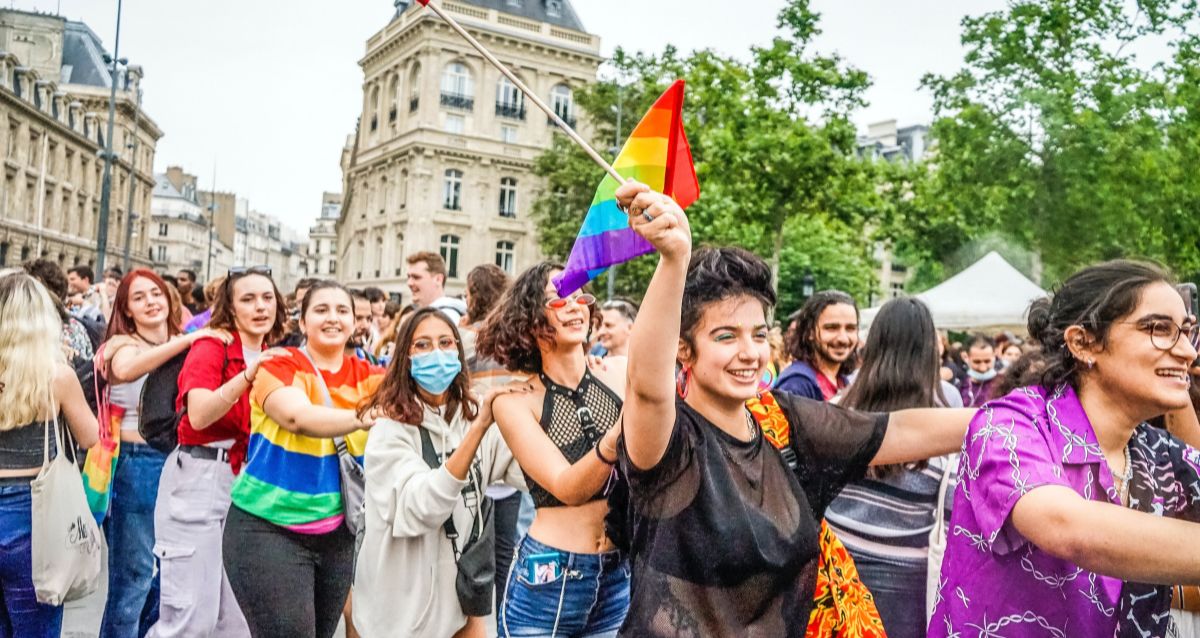Although the term “queer” has been around for a while, the perception and meaning has evolved as of late.
What does “Queer” and “Genderqueer” mean?
“Queer” has been adopted as an all-encompassing term for those who do not identify as straight or cisgender, but prefer not to use a more specific term.
With regard to gender identity, the term “gender queer” is synonymous to “not cisgender”.
Why is the history of the term “Queer” so significant?
Some feel the term “queer” cannot be completely divorced from its history. The term used to be considered a slur towards gay men or those otherwise “sexually deviant”, stemming from the original definition of “strange”.
Now, “queer” has become a symbol of defiance and empowerment, and more and more, it is becoming a political statement of their own agency. With its many definitions, “queer” evades exclusivity. Once used as a slur to ostracize, the term is now reclaimed to bring together a community of people who identify with it. It can also be used interchangeably with “LGBTQ+”, a term sometimes seen as too wordy to use as an overarching identifier.
Why are younger generations reclaiming Queer?
What does it mean for a slur to be reclaimed?
“Reclamation is a form of socio-political protest that seeks to re-shape oppressive social practices by controlling what can be done with words.” – Popa-Wyatt
With pithy catchphrases on Pride posters like “We’re here, we’re queer”, the word has been reclaimed by many in the LGBTQ+ community, especially youth.
Reclamation should not be seen as disregarding the history of the term, but a way of evolving with our language.
Politics of Queer
“Queer” can be seen a political movement, against its use as a slur and its perception of a stagnant identity. Author José Esteban Muñoz once said,“Queerness is an ideality…we can feel it as the warm illumination of a horizon imbued with potentiality” (Cruising Utopia: The Then and There of Queer Futurity). Queerness is a potential and a future, not something that is stagnant.
It can also bring together those of different experiences into not one identity, but instead one community defying heteronormativity. In the book Keywords For Gender and Sexuality Studies, author Chandan Reddy sheds light on political usage of queer. Queer is claimed by “[t]hose who seek more to disturb, shatter, or undermine the heteronormative cultural order than to be included or represented by that culture and order especially claim the term”.
What Queer brings to the community
For many, the term Queer is a resistance to the pressure to conform or categorize to one identity. Some people might think that this sounds counterintuitive: use a term to not use a term? Queer is often used as an umbrella meant to catch those not aligning with the specificity of many commonly used terms. It resists identifying self, and instead identifies community. This reflection of belonging to community reflects the importance of accepting the multi-faceted nature of a word like queer.
Queer has become a symbol of defiance: both an acknowledgement of the community’s history, and a nod to disruption of heteronormativity. But ultimately, it has become a symbol of the LGBTQ+ community’s unity and resilience.
Sources
https://keywords.nyupress.org/gender-and-sexuality-studies/essay/queer/
https://philarchive.org/archive/POPRTB
The New Woman: Literary Modernism, Queer Theory, and the Trans Feminine Allegory by Emma Heaney
Cruising Utopia: The Then and There of Queer Futurity by José Esteban Muñoz

